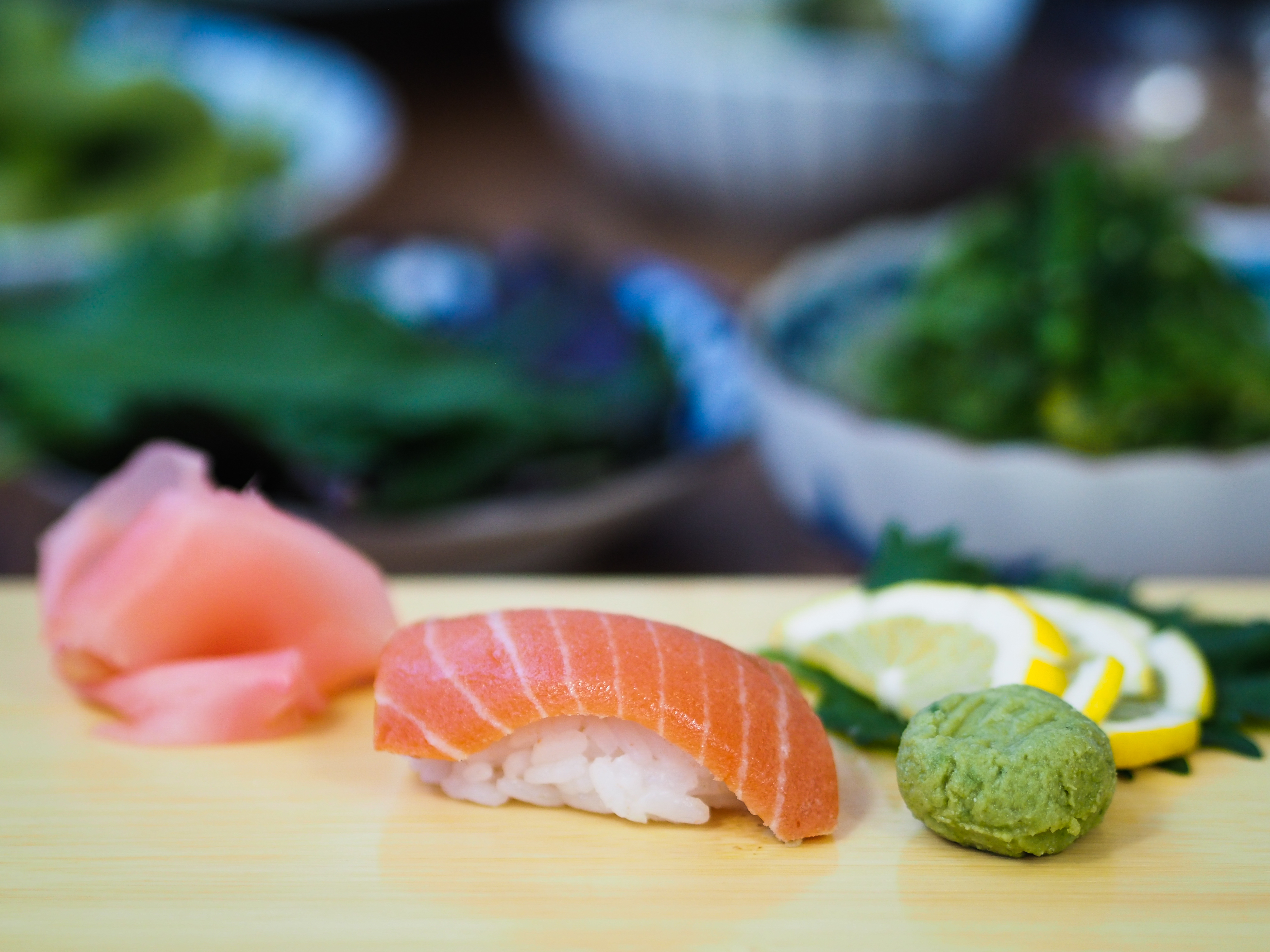Wildtype is opening up a pre-order list for select chefs as it focuses on lab-grown, sushi-grade salmon
Wildtype, the startup making lab-grown salmon, is opening up a pre-order list for select chefs.
Although the company is as much as five years out from commercial production, according to founders, the company is looking to partner with select chefs around the country who want to incorporate their sushi-grade salmon product into their menus.
“We’re not launching right now. We’re releasing the news that we have the next iteration of the product,” said co-founder Justin Kolbeck, a former U.S. diplomat who launched the company to address issues of food insecurity he’d seen firsthand while stationed in Afghanistan.
“[It’s] sushi or nigiri or sashimi that you would order at a sushi restaurant,” he said. So the product that Wildtype hopes to ship will be equivalent to the saku blocks of fish meat that sushi chefs carve to prepare salmon. “Chefs will take a fish apart into saku blocks which are 10 to 14 ounces of fish,” said Kolbeck. “They’ll cut out bits that go on nigiri and the bits that are left over are made into rolls. We’ve designed an initial product release that can serve all three of those form factors.”
The process is more difficult than simply culturing cells. According to Kolbeck and Wildtype’s other co-founder Arye Elfenbein, the company has developed its own technology for developing the scaffolding on which both the muscle tissue and fats can grow to replicate the taste and texture of wild-caught salmon.
“We’re developing the cell lines ourselves, we’re developing the scaffolding and we’re developing the nutrients that we need to grow and we’re developing the cultivators that the cells need to grow in,” said Kolbeck.

Image of Wildtype’s sushi-grade, lab-grown salmon (Image Credit: Arye Elfenbein/Wildtype)
For the cultivated meat industry to reach its full potential, companies may need to differentiate their businesses to focus on a single element of the supply chain going forward, the founders said.
Already, companies like Future Fields are raising money to focus on specific examples of the cultivated food supply chain, and Wildtype considered going down that road itself, according to Elfenbein.
“What we’ve created is special in its ability to provide cells with the right signals to organize and mature,” said Elfenbein. “This is applicable to other species than the salmon that we have worked on… we basically create a scaffold that provides the right guidance in different places for cells to take up fats in different places or become more striated.”
Already Wildtype has created sushi-grade salmon that achieves equivalence when it comes to nutrition and when it comes to the healthy omega 3 fats that make salmon a healthier option for consumers.
Wildtype is already working with restaurants in San Francisco, Portland and Seattle and is looking for chefs in other parts of the country.
Kolbeck thinks the timing is right for the company’s cultivated product. Consumers right now are coming to the realization that the supply chain for seafood is broken even as more shoppers are gravitating from the meat aisle to seafood in greater numbers.
From mislabeling of fish to the problems associated with factory fish farming, aquaculture and environmental degradation — along with the risks of chemically contaminated fish — shoppers who want seafood are also increasingly looking for more information about the provenance of the food they’re eating.
“The news is that we’re placing our bet on sushi as an industry where we can launch and make a big splash… pun intended,” said Kolbeck.
Powered by WPeMatico